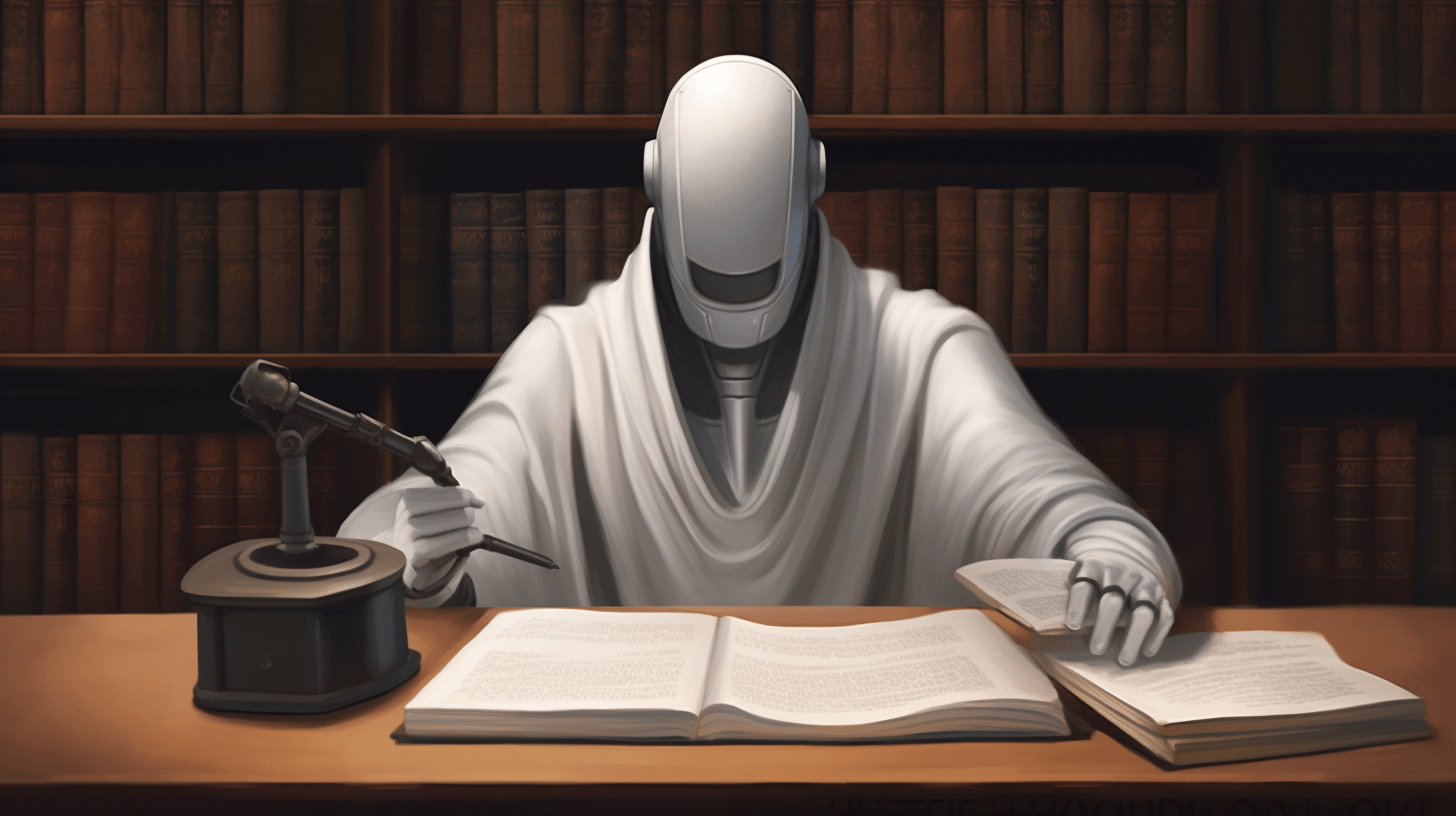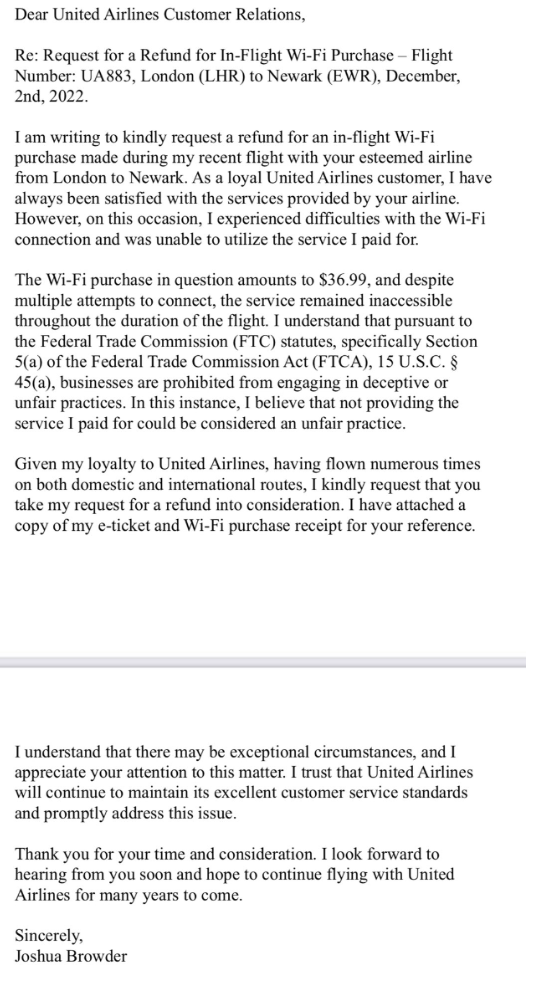Powered by GPT 4, 'Do Not Pay' helps users contest parking tickets and save on bills

Key Points
- Do Not Pay is an AI-powered legal bot that helps users save money by contesting parking tickets, negotiating refunds, and analyzing financial transactions. It's trained on the consumer laws and statutes of major Western countries, allowing it to write persuasive letters that cite the law.
- Despite its impressive track record of overturning tickets in New York and London, Do Not Pay has faced legal challenges and criticism. A lawsuit in San Francisco alleges that the company provided substandard legal documents, and critics question the qualifications of the robot lawyer.
- The service is available for $36 every two months and does not offer a free trial. Users with programming skills can use the AutoGPT feature to further analyze their finances, but it is not yet available to the average consumer.
Getting a refund may never be the same again as AI comes to consumer law.
Do Not Pay is the AI lawyer bot powered by GPT 4 promising to save users money on bills, contest parking tickets, and get you a refund on a hotel. But it’s also been mired in controversy.
How "Do not Pay" works
The bot, powered by GPT 4, has been trained on major Western countries' consumer law and statutes. This then allows it to go on and write persuasive letters citing specific pieces of legislation which it emails to the company on the users’ behalf, saving them money.
The use cases are undoubtedly impressive. According to The Guardian, the bot has overturned over 160,000 parking tickets in New York and London. A letter to United Airlines requesting a refund for in-flight WiFi drafted by Do Not Pay.

AutoGPT
The founder of Do Not Pay, Joshua Browder, has recently shown how when combined with AutoGPT, Do Not Pay can analyze bank accounts, credit cards, and transactions to ensure that users are getting the best deal. However, AutoGPT is not yet a tool that the average consumer can use, as it requires basic knowledge of coding and prompting practices.
Browder's claims about the tool are endless, and he argues that the appeal is that it can help the ordinary consumer claim things they would normally be denied because they lack access to a top lawyer or basic legal knowledge.
Legal Fight Back
But that is only half the story. Do Not Pay has been in the news lately because the company itself is being sued. A lawsuit filed in a San Francisco court alleges that the company misled customers by providing substandard legal documents.
Ironically, much of the criticism of the bot has centered on the fact that the robot lawyer is not qualified, not on its results.
The lawsuit goes on: "DoNotPay does not have a law degree, is not barred in any jurisdiction, and is not supervised by any lawyer."
Other critics have even compared the company to Theranos, which faked breakthrough blood testing technology and whose founder Elizabeth Holmes is now in jail for fraud.
A recent court case in which a lawyer was fined for using ChatGPT has put the use of AI in the legal industry in the spotlight.
Pricing
There is no free trial for Do Not Pay. Instead, users pay $36 every two months, which automatically renews.
This is a shame. Given the criticisms of Do Not Pay, allowing users to try it would give consumers the opportunity to decide for themselves whether Do Not Pay can save them money.
Ultimately, whether Do Not Pay can save consumers money will likely depend on their specific circumstances.
Founder
Joshua Browder is a software engineer and investor. He studied computer science at Stanford University before dropping out to pursue the Thiel Fellowship.
AI News Without the Hype – Curated by Humans
As a THE DECODER subscriber, you get ad-free reading, our weekly AI newsletter, the exclusive "AI Radar" Frontier Report 6× per year, access to comments, and our complete archive.
Subscribe now